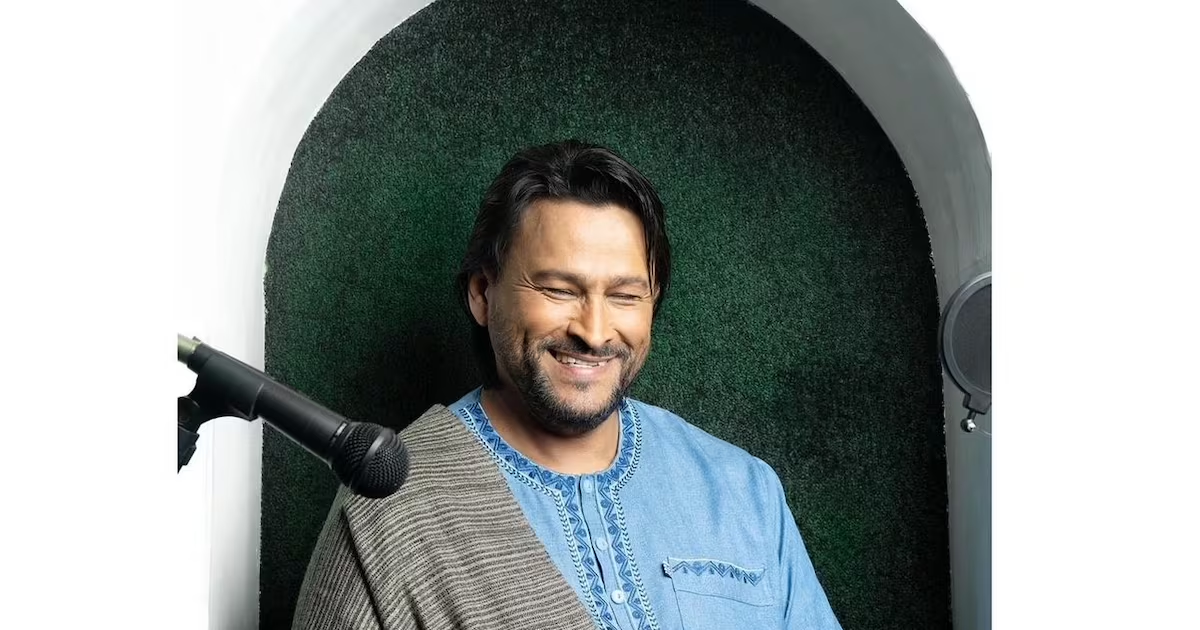Muhsin Hendricks, known as the world’s first openly gay imam, was tragically shot dead on Saturday near Gqeberha, South Africa. Hendricks, a well-known advocate for LGBTQ+ rights within the Muslim community, was traveling in a car when assailants ambushed the vehicle and opened fire.
South African police have yet to determine the motive behind the attack, but the incident has sparked global outrage and calls for a thorough investigation.
Hendricks was a prominent figure in the LGBTQ+ Muslim community, dedicating his life to providing a safe space for marginalized individuals to practice their faith.
As the founder of the Al-Ghurbaah mosque in Cape Town, he challenged traditional religious views and stood for inclusivity. His murder has raised concerns about rising intolerance and targeted violence against LGBTQ+ activists.
Muhsin Hendricks: A Trailblazer for LGBTQ+ Muslims
Muhsin Hendricks’ journey as an openly gay imam was both courageous and groundbreaking. Born and raised in Cape Town, he pursued Islamic studies and became a scholar. However, his personal journey led him to openly embrace his identity as a gay man in 1996, a decision that set him apart in the global Muslim community.
Despite facing threats and backlash, Hendricks remained steadfast in his mission to create an inclusive space for LGBTQ+ Muslims.
Through his mosque, Al-Ghurbaah, he provided a refuge for those who felt alienated by mainstream religious institutions. His work extended beyond South Africa, as he participated in global discussions on the intersection of faith and sexuality.
Read : Gay Men Can Train to Become Priests in Italy Only If They Don’t Support Gay Culture
In 2022, he was the subject of a documentary titled The Radical, which highlighted his efforts to bridge the gap between Islam and LGBTQ+ identity. Hendricks firmly believed that his faith and sexuality were not mutually exclusive and encouraged dialogue within the Muslim community.
Read : Pakistani Man Sent to Mental Hospital for Trying to Open Gay Club
He often spoke about the dangers he faced, yet he remained committed to his cause, stating that the need to be authentic outweighed the fear of death.
The Attack and Ongoing Investigation
Hendricks’ murder took place in Bethelsdorp, near Gqeberha, formerly known as Port Elizabeth. He was in a car with another person when an unidentified vehicle blocked their path. According to police reports, two masked gunmen emerged and fired multiple shots at the vehicle before fleeing the scene. Hendricks, seated at the back of the car, was fatally shot.
A video circulating on social media, reportedly showing the assassination, has been confirmed as authentic by South African authorities. However, police have yet to determine the motive behind the attack and have called on the public to come forward with any information.
Human rights organizations and LGBTQ+ advocacy groups have condemned the killing, with the International Lesbian, Gay, Bisexual, Trans and Intersex Association (ILGA) expressing deep shock.

ILGA’s executive director, Julia Ehrt, called on South African authorities to thoroughly investigate the case, fearing it may have been a hate crime. Given South Africa’s high murder rate—over 28,000 homicides recorded between 2023 and early 2024—activists worry that justice may not be swiftly served.
Hendricks had previously mentioned receiving threats due to his activism, which adds to suspicions that his murder was premeditated. However, no official statement has been made regarding potential suspects or whether the attack was linked to his work.
The Legacy of Muhsin Hendricks and the Future of LGBTQ+ Rights in South Africa
Muhsin Hendricks’ death marks a significant loss for the LGBTQ+ community and progressive Islamic movements worldwide. His efforts to reconcile Islamic teachings with LGBTQ+ identities inspired many and provided hope to those struggling with acceptance. His mosque, Al-Ghurbaah, became a symbol of resistance against religious exclusion, offering a place where queer Muslims could worship without fear.
South Africa, despite having one of the most progressive LGBTQ+ legal frameworks on the continent, continues to witness targeted attacks against queer individuals.
Hate crimes, particularly against LGBTQ+ people, are prevalent, with activists facing significant risks. Hendricks’ murder highlights the ongoing dangers that queer advocates face, even in a country with constitutional protections for LGBTQ+ rights.
The global reaction to his death underscores the need for stronger protections and accountability. Calls for justice continue to grow, with international organizations urging South African authorities to ensure that the perpetrators are brought to justice.
As the world mourns Muhsin Hendricks, his legacy of inclusivity and courage will continue to inspire future generations. His death is a reminder of the dangers faced by those advocating for change, but it also serves as a call to action for greater protections for LGBTQ+ individuals worldwide.

